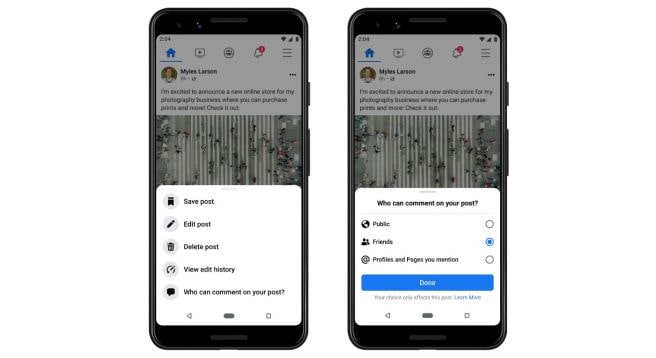Even while denying that it doesn’t fuel or help proliferate polarization, Facebook yesterday said it was introducing tools that would help users to have more control over feeds.
“We’re introducing a new tool to give you more control over what you share to News Feed by managing who can comment on your public posts. Now, you can control your commenting audience for a given public post by choosing from a menu of options ranging from anyone who can see the post to only the people and Pages you tag,” FB said on its website.
The company, which has been in the eye of storm in several countries over allegations of fueling polarization and hatred over its platform, explained that to help users discover new and relevant content, it suggest posts in news feed from places like Pages and Groups that’s not necessarily followed by a user, but is thought by FB the user may be interested in.
“These post suggestions are primarily based on factors such as post engagement, related topics, and location. Because you haven’t chosen to follow these accounts on Facebook, we have clear guidelines about what content we aim to recommend to people,” the company explained.
Facebook further added: “To update what you want to see and how you share to your News Feed, check out your News Feed preferences and privacy settings in the app and adjust them to your liking. We know that helping you better manage your experience on Facebook can support wellbeing, so we will continue to invest in ways to give you more control and context.”
The company will also offer a Feed Filter Bar that would allow users to switch between algorithmic rankings of their feed or show content in the order it was posted.
Meanwhile in a separate statement, according to Reuters, Nick Clegg, vice president of Global Affairs at Facebook, claimed on Wednesday that the company’s algorithms do not lead to polarization.
“The reality is, it’s not in FB interest — financially or reputationally — to continually turn up the temperature and push users towards ever more extreme content,” Clegg said.
He also noted that majority of Facebook’s revenue comes from advertising, and advertisers would not want their brands and products displayed right next to “extreme or hateful content.”
 MIB to unveil M&E sector statistical handbook today at WAVES
MIB to unveil M&E sector statistical handbook today at WAVES 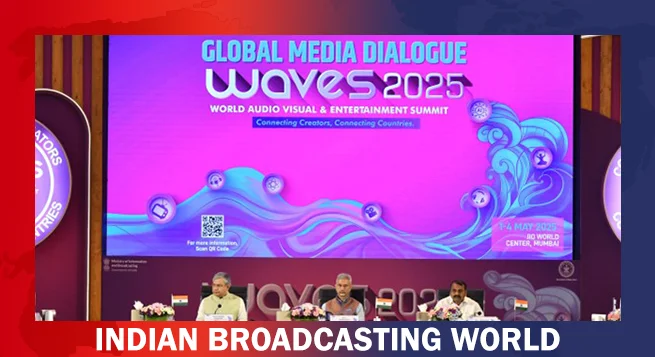 WAVES 2025: Media dialogue backs creativity, heritage & ethics in AI Era
WAVES 2025: Media dialogue backs creativity, heritage & ethics in AI Era 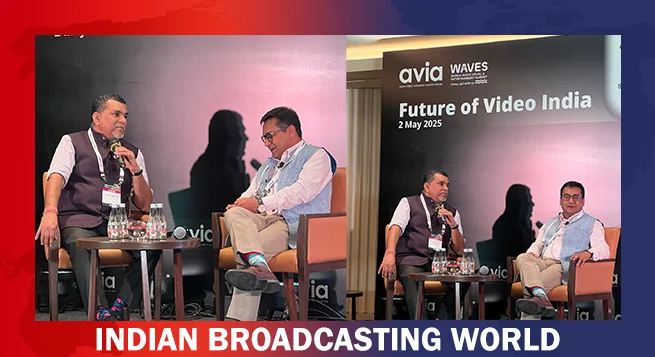 Pay TV leaders chart course for India’s linear TV in digital age
Pay TV leaders chart course for India’s linear TV in digital age 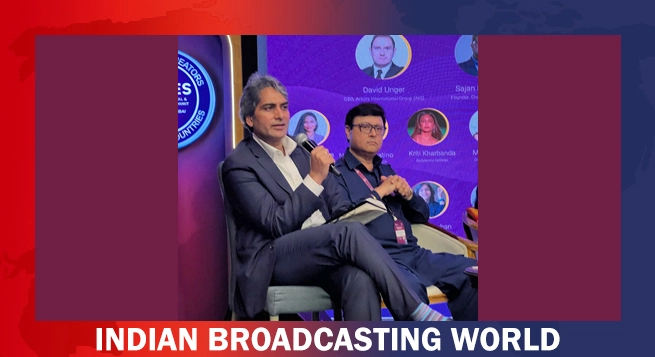 Sudhir Chaudhary announces new show for DD News, says “Good content still has a place” at WAVES 2025
Sudhir Chaudhary announces new show for DD News, says “Good content still has a place” at WAVES 2025 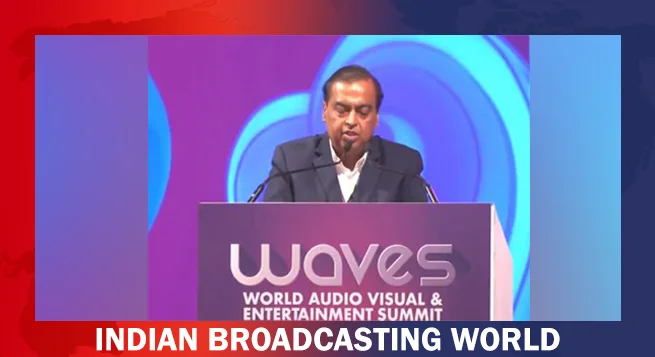 India can lead global entertainment revolution: Mukesh Ambani
India can lead global entertainment revolution: Mukesh Ambani 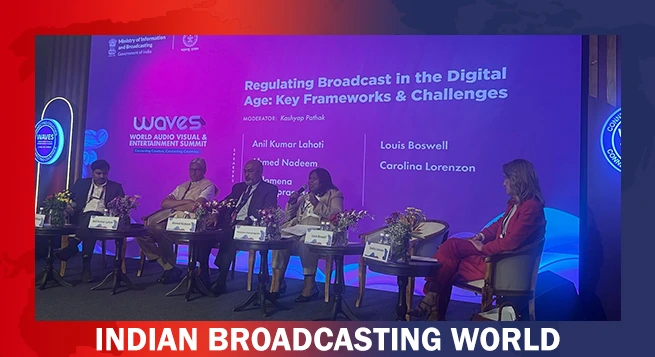 TRAI chief not in favour of separate rules for OTT, legacy b’casters
TRAI chief not in favour of separate rules for OTT, legacy b’casters  ‘KanKhajura’ start streaming on Sony LIV from May 30
‘KanKhajura’ start streaming on Sony LIV from May 30  Koyal.AI debuts at WAVES 2025, set to revolutionise music videos with GenAI
Koyal.AI debuts at WAVES 2025, set to revolutionise music videos with GenAI  Zee Cinema to premiere ‘Pushpa 2: The Rule’ on May 31
Zee Cinema to premiere ‘Pushpa 2: The Rule’ on May 31 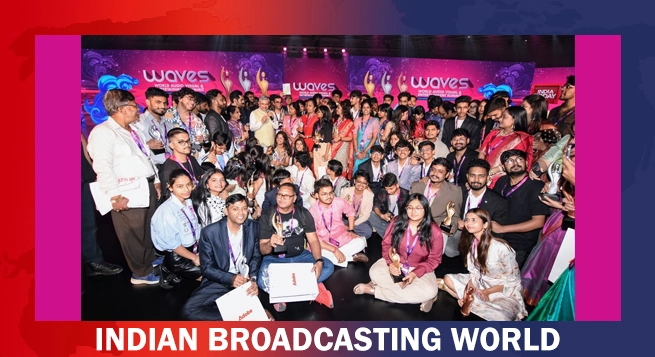 ‘Create in India Challenge’ S1 honours global talent at WAVES
‘Create in India Challenge’ S1 honours global talent at WAVES 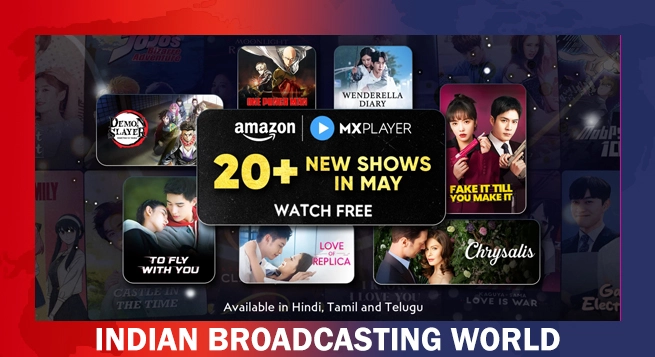 Amazon MX Player adds 20+ dubbed international titles
Amazon MX Player adds 20+ dubbed international titles 


